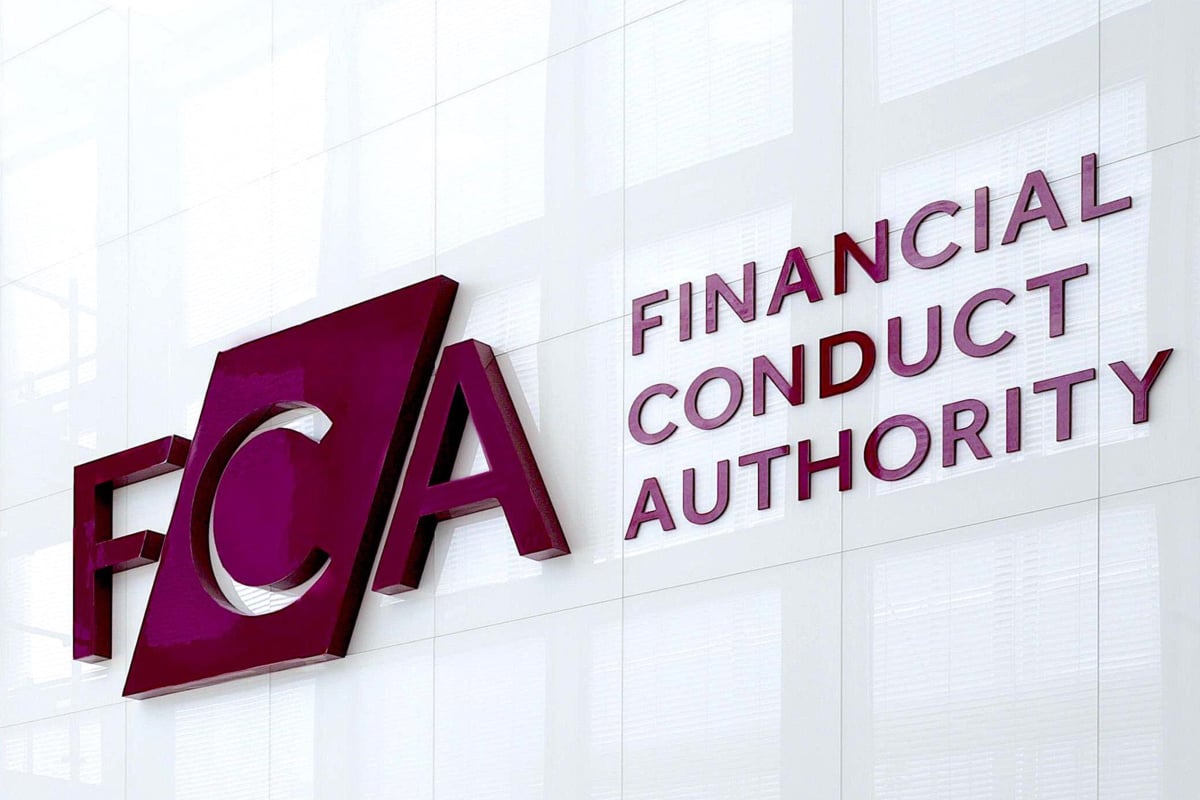High-cost lender Fernwood Financial Limited has gone into liquidation, bringing an abrupt end to its operations and wiping out all outstanding customer debts in the process.
The company, based in northwest England, formally entered liquidation on 27 June 2025, with Michael Howarth of Aurora Equity & Development Limited appointed as liquidator. The Financial Conduct Authority confirmed the move on Friday, adding that Fernwood has stopped lending and all collections have ceased.
In a letter to customers, the liquidators said all loan balances had been written off in full. Borrowers are being advised to cancel any standing orders or direct debits and to ignore demands for repayment from anyone claiming to act for Fernwood. Contact details for Aurora Recovery have been published for any questions, including confirmation of cleared balances.
A clean break for borrowers
The unusual step of writing off the entire loan book stands out in a market where administrators typically sell portfolios to debt collectors or continue servicing them. In the collapse of non-prime lender Morses Club in 2024, for instance, performing loans were transferred to Lantern, a debt purchaser. Fernwood’s wipeout suggests either the book was uneconomic to maintain or that compliance risks made collection untenable.
The FCA said it is in “regular contact with the firm and the liquidator regarding the fair treatment of customers” and reminded borrowers to remain vigilant for scams. Customers have been warned that only Aurora and the regulator will contact them directly, and that they should verify any approach before sharing information.
Fernwood’s collapse is the latest in a series of failures to hit the UK’s high-cost lending sector over the past decade. The business model was sharply curtailed by the FCA’s 2015 price cap on payday loans, which limited total charges to 100% of the amount borrowed and capped default fees.
Since then, a succession of major players has exited. Wonga went into administration in 2018 following a flood of affordability complaints, Provident Financial closed its doorstep-lending arm in 2021, and Amigo Loans abandoned new lending in 2023 after a drawn-out restructuring.
The FCA’s new Consumer Duty, which came into force for closed books in July 2024, has further raised expectations on affordability checks, transparency and value for money. Many small lenders have struggled to adapt, leaving borrowers reliant on a shrinking pool of regulated firms.


